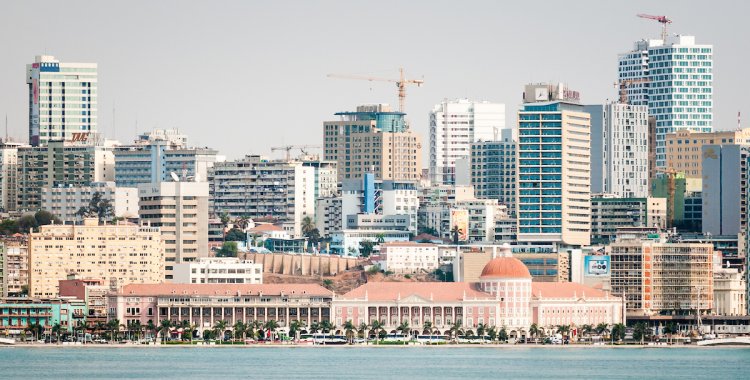In an interview with Lusa, José Miguel Cerdeira explained that there were two reasons to consider that Angola will have grown in 2023 and that it will grow even more this year.
"On the one hand, we originally expected a much sharper drop in oil GDP, between 5 percent and 6 percent, but the second half of the year was a little more positive than we anticipated, so now we expect a smoother drop, between 1.7 percent and 2.2 percent, with it being quite possible that oil GDP will grow in the last quarter", explained the head of BFA's economic studies office.
The other factor that supported the review is that, "in the non-oil economy, there are sectors that we expected to see in recession, due to the huge depreciation and resulting inflation, together with effects on confidence, and this is not happening", he said.
Asked about the forecast for the Angolan economy this year, José Miguel Cerdeira said he expected an acceleration in the expansion of economic activity, which should still remain below 3 percent.
"For 2024, we expect a very marginal improvement, it will be a year very conditioned by the exchange rate component", he replied, pointing to growth between 1.9 percent and 2.4 percent.
"What happened in 2023 is that the State is facing many amortizations in foreign currency, less oil revenues in dollars, but above all, less ease in obtaining external financing for the Treasury, outside of the financing that is already allocated to specific investment projects, in other words, the Angolan State is being forced to tighten its belt on external debt", explained the economist.
The BFA's chief economist recalled, in this context, the "very strong decrease in external public debt in the last three quarters, of almost three billion dollars", around 2.7 billion euros.
The outflow of foreign currency, he added, is putting pressure on the foreign exchange market and the availability of foreign currency, as well as State spending, because the surplus in foreign currency, now smaller, is used to finance spending in kwanzas.
"This is the main reality of the Angolan economy: the non-oil economy depends on imports and the confidence of economic agents, and as this reality will not change this year, we expect only a gradual increase in the performance of the non-oil economy, growing between 2.4 and 2.9 percent", he stated.
For the oil economy, the estimate for this year points to "a scenario between stagnation and slight growth, but the forecast is 0.3 to 0.8 percent", which will make the total economy grow between 1.9 to 2.4 percent.
This year, Angolans will once again face a rise in prices, which in 2023 registered an average annual increase of 20 percent, which is expected to grow even further, to 24 percent, by the end of this year.
"We are going to have a new year in which inflation will probably always be above 20 percent, probably ending close to 24 percent, unless the BNA carries out a much more restrictive monetary policy than we expect," said José Miguel Cerdeira.
"To be clear, we already expect a restrictive policy, which has not yet fully materialized, but even this degree of restriction that we expect, although it has its role, will not bring inflation below 20 percent this year", highlighted the economist.
Asked about the likelihood of the Angolan central bank increasing interest rates, the economist admitted that this is likely: "They could rise, but there are other tools that the BNA uses that could lead to a monetary restriction, and in addition, government rates credit will be influenced by the State's greater issuance in local currency, probably more than foreseen in the Annual Plan, which will mean that interest rates on domestic debt will tend to rise this year".







